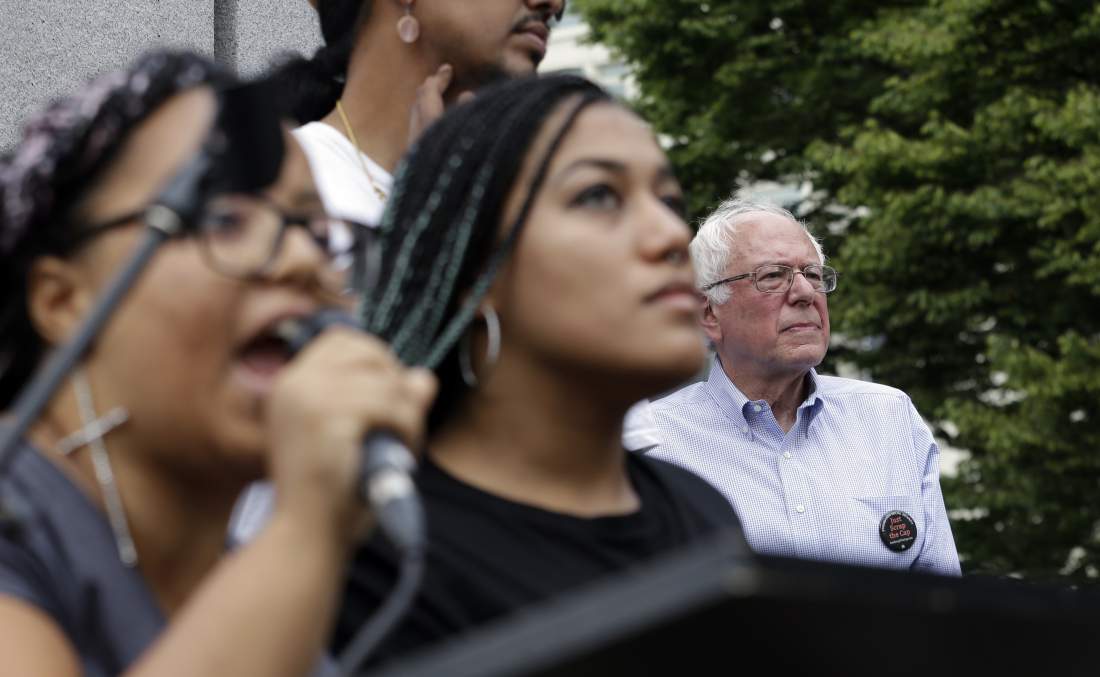|
Written by Serie McDougal
PLANTATION LENS Historically, even without any rights, African Americans have always been political actors (King, 2010). The political progress they have made has been the result of activities both inside and outside of so-called mainstream political processes. Malcolm X’s fundamental analogy for the Black liberation struggle was the slave planation. On the slave plantation, there were many forms of resistance including participation in abolitionist networks based in free territories, there were those who distributed anti-slavery literature written by people like David Walker and others, but then there were those who engaged in armed rebellion, those who escaped, and ultimately there were those who engaged in disruption in the form of sabotage, breaking tools, destroying crops, faking ignorance or illness, poisoning food, and planning work strikes. What makes one strategy more respectable than another when Black lives are at stake? Perhaps it will not be until each of these strategies is recognized for its contribution to the freedom we currently enjoy that we will put an end to shaming Black activists for using the tactic of disruption that has been a staple of the Black political legacy. THE REWARDS OF CONTEXT As #BlackLivesMatter has recently been criticized for engaging in the interruption of presidential candidates, it is important to put such political expression into historical context. Some think their tactics inappropriate or unsophisticated. However, disruptive activities have always been a feature of political expression in general and specifically for people of African descent in the context of the United States (Morrison, 2003). #BlackLivesMatter activists interrupted the campaign events of Bernie Sanders, Hilary Clinton, and more recently, Washington D.C. Mayor Muriel Bowser’s press conference on violence. This may be a case of objectives taking precedence over tactics. It must also be noted that in the wake of their tactics, politicians have been forced to address their concerns in the form of policy proposals and press releases on critical issues ranging from the treatment of Black transwomen to institutionalized police abuses. However, it would be a mistake to identify the recent tactics of #BlackLivesMatter activists as being outside of the respectable political process. Originally, in this country, Black people’s humanity was not acknowledged, much less their political interests or access to official political structures. Because of Black people’s long time exclusion from these structures, they engaged in politics and gained political voice through other means, including protest and oppositional activities (Morrison, 2003). Indeed, many of the organizations that have been champions of civil rights and racial equity, such as the National Urban League, the Student Non-Violent Coordinating Committee, the Mississippi Freedom Democratic Party, and so many others have their roots in the very same tactics. The Southern Christian Leadership Council, for which Martin Luther King emerged early as a spokesperson and leader, emerged out of the politics of disruption (Montgomery Bus Boycott). Over time, Black people have learned that so-called official political channels, including voting and litigation alone are insufficient methods for gaining freedom and justice. They have also learned of the limits of moral reform strategies. What to do when public policies are undermined by a lack of political will, when votes are not counted, and laws are stymied by failure of implementation or enforcement? Black political movements have learned to couple mainstream political channels with the kinds of strategies #BlackLivesMatter activists are currently using. DELIBERATE DEFAMATION An additional mistake that is made in understanding these tactics is the assumption that interruptions are the organizations’ sole form of political activity. Perhaps mistake is the wrong word, because, this false characterization of #BlackLivesMatter serves a functional purpose. This view is a tool used to delegitimize the movement so that political leaders can feel justified in not addressing authentic political concerns. Leaders who think that these disruptions are mostly spontaneous and unorganized, driven by emotion and not strategy, and are short-lived are making an error in judgement as such thinking is demonstrably contradicted by the successes of the civil rights movement. NECESSITY OF MEANS It was disruptive tactics combined with behind-closed-door meetings and official political channels that resulted in the passage of the voting rights act of 1965. When the masses of Black people put the strategies used by Black organizers and political activists in historical context, they cannot be shamed and undermined as unconventional or inappropriate. If Black lives are on the table, who has the luxury to play respectability politics with political expression? After all, whose convention is the standard of political activity? In 1941, A. Phillip Randolph called for a March on Washington due to the government’s failure to pass an executive order banning discrimination in job industries that receive federal funds. Randolph’s strategy was to immobilize the government and force it to pass an executive order. In response to the plan, President Franklin D. Roosevelt passed executive order 8802 creating the Federal Employment Practices Commission. How do you challenge institutionalized racism by relying solely on afflicted institutions? Such a strategy is beyond the concept of hope or gradualism, it is the politics of superstition. What should prioritize one strategy over another in any given scenario if not necessity? If Malcolm X’s proclamation is correct, then indeed, necessity should be the basis on which we evaluate all available means of political expression, not the mainstream politics of respectability that secure the status quo. WORKS CITED King, K.A. (2010). African American politics. Cambridge, MA: Polity Press. Morrison, M.C. (Ed.). (2003). African Americans and political participation. Santa Barbara, CA: ABC-CLIO
0 Comments
Leave a Reply. |
Archives
April 2022
Categories
All
|

 RSS Feed
RSS Feed